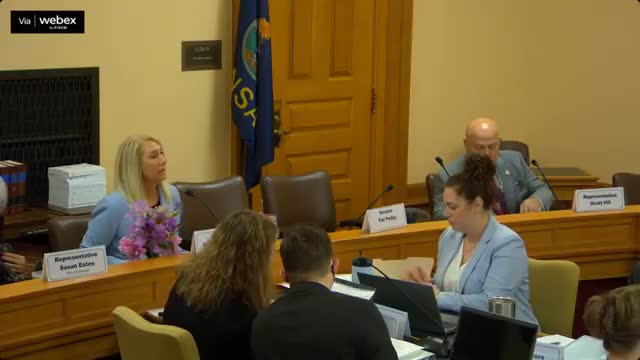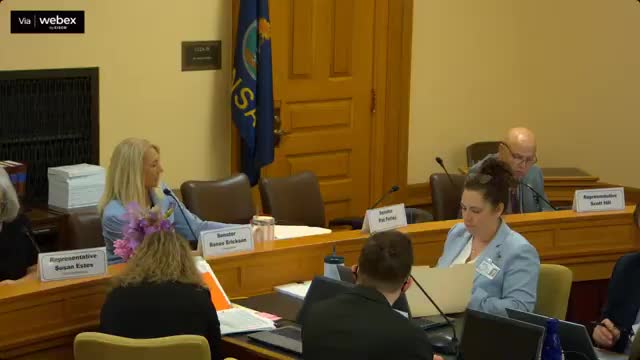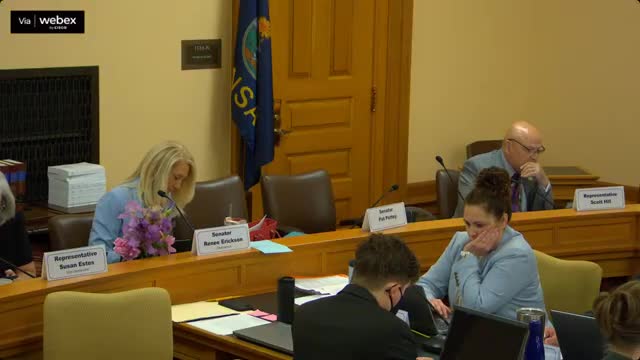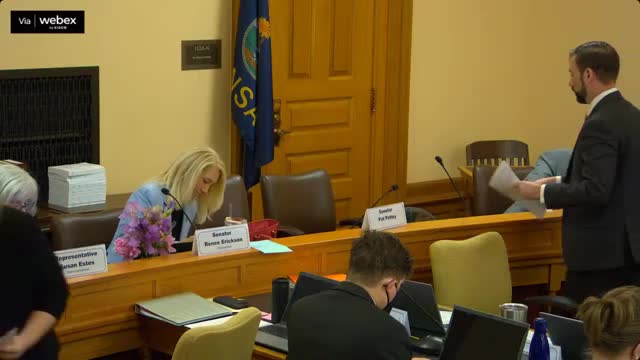Article not found
This article is no longer available. But don't worry—we've gathered other articles that discuss the same topic.

ECS briefs task force on 50‑state school‑funding models, toolkit and recent formula overhauls

Task force asks staff for scenario runs on at‑risk and enrollment weightings, transportation and teacher‑pay options

KLRD presents census per‑pupil data and KSDE staff flag assessment comparability and ESSER status

